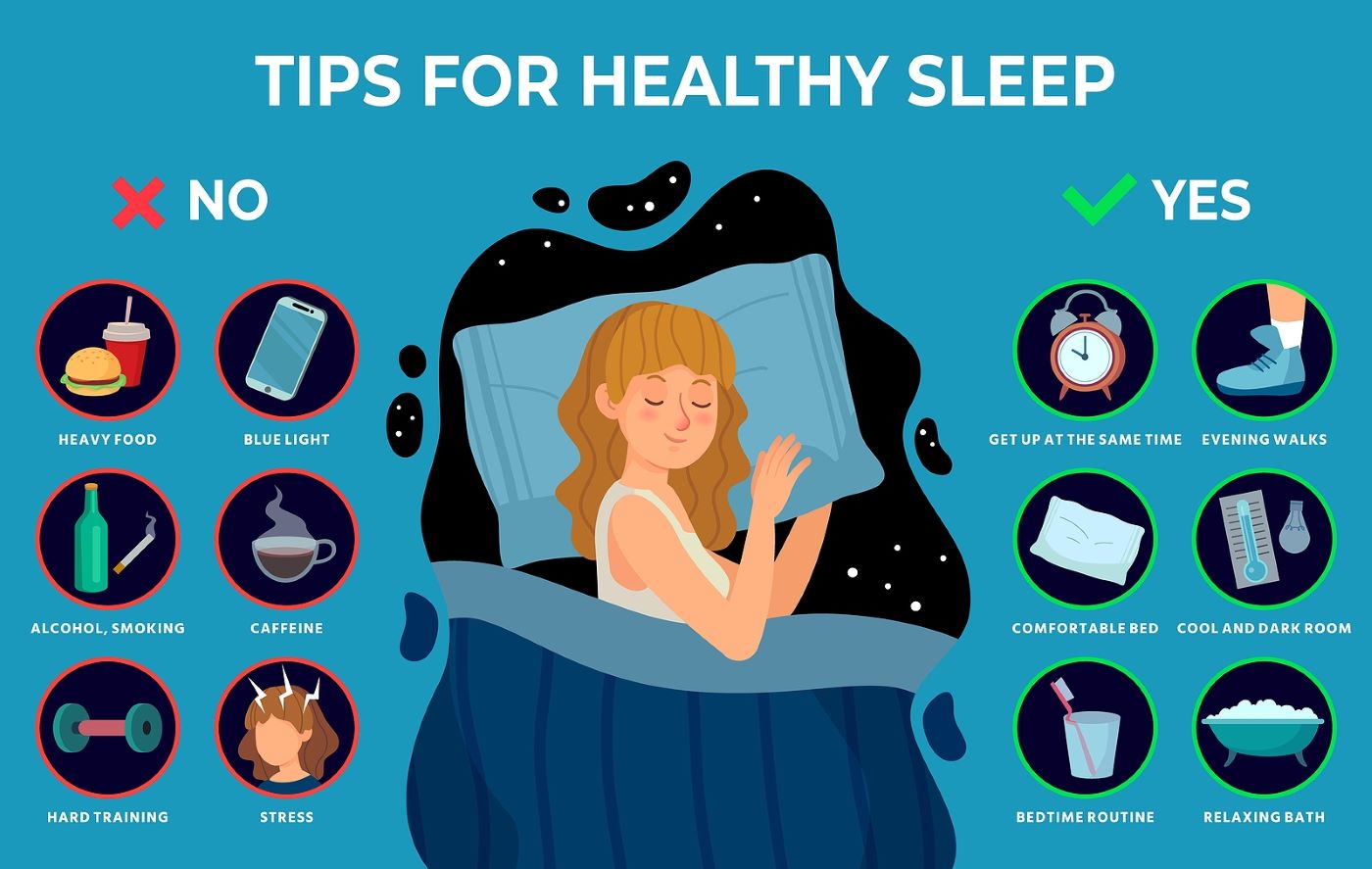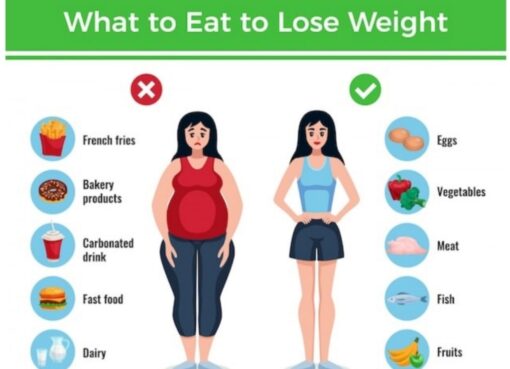Sleep & Recovery

Sleep & Recovery: Unlock the Power of Rest for Peak Performance and Health
Introduction
Sleep is not just a luxury—it’s a cornerstone of health and performance. High-quality sleep and effective recovery are crucial for optimal physical and mental function. From boosting immune health to enhancing memory, sleep supports every system in the body. Yet, in today’s fast-paced world, many people sacrifice sleep, compromising their health, energy, and productivity. By prioritizing restorative sleep and understanding the science of recovery, individuals can unlock their full potential and achieve peak performance.
The Science of Sleep: Why Quality Rest Matters
Sleep is an active process involving complex cycles that are essential for bodily restoration. During sleep, the body performs critical functions, including:
- Cell Repair – Tissue and muscle cells undergo repair and growth.
- Memory Consolidation – Short-term memories are processed and stored as long-term memories.
- Hormonal Regulation – Growth hormones, cortisol, and melatonin are released, which affect mood, stress levels, and overall recovery.
- Detoxification – The brain removes toxins and waste products, such as beta-amyloid, which has been linked to Alzheimer’s disease.
Lack of sleep impairs all of these processes, leading to fatigue, reduced cognitive function, compromised immunity, and an increased risk of chronic diseases.
The Impact of Sleep on Recovery
Sleep is one of the most powerful recovery tools available. Whether recovering from a workout, an illness, or mental exhaustion, sleep plays a critical role in the body’s ability to heal and restore balance. Here’s how sleep facilitates recovery:
1. Physical Recovery
During deep sleep stages, the body repairs muscle tissue, replenishes glycogen stores, and rebalances hormones. This is especially crucial for athletes and those engaged in intense physical activities. Without proper sleep, muscle recovery is delayed, fatigue persists, and performance suffers.
2. Cognitive Recovery
Restful sleep improves brain function, enhances memory consolidation, and boosts focus. Sleep deprivation results in cognitive decline, affecting decision-making, reaction times, and emotional regulation. Prioritizing sleep enhances mental clarity, creativity, and problem-solving abilities.
3. Immune System Boost
Sleep is essential for immune function. During sleep, the body produces cytokines, proteins that fight off infection and inflammation. Chronic sleep deprivation weakens the immune system, making individuals more susceptible to illnesses, infections, and prolonged recovery times.
Sleep Stages and Their Role in Recovery
Sleep occurs in multiple stages, each contributing to different aspects of recovery. The two main categories are Non-REM Sleep (NREM) and REM Sleep (Rapid Eye Movement), which together cycle throughout the night.
1. NREM Sleep (Stage 1-3)
- Stage 1 – The lightest sleep phase, where the body transitions from wakefulness to sleep.
- Stage 2 – The body relaxes further, heart rate and body temperature drop, and muscle activity decreases.
- Stage 3 (Deep Sleep) – This is the most restorative stage, where physical repair, muscle growth, and immune boosting occur.
2. REM Sleep
REM sleep is when dreams occur and the brain is highly active. This stage is vital for cognitive recovery, memory consolidation, and emotional regulation. REM sleep also plays a key role in creative thinking and problem-solving, making it essential for mental restoration.
Optimizing Sleep for Maximum Recovery
To experience the full benefits of sleep and recovery, it’s crucial to prioritize healthy sleep habits. Here are powerful strategies to optimize sleep and ensure effective recovery:
1. Establish a Consistent Sleep Schedule
Going to bed and waking up at the same time every day helps regulate the body’s internal clock, improving sleep quality. Consistency in your sleep routine enhances the body’s natural circadian rhythm, leading to deeper, more restful sleep.
2. Create a Sleep-Friendly Environment
Your sleep environment plays a significant role in the quality of your rest. A dark, cool, and quiet room promotes optimal sleep conditions. Consider using blackout curtains, white noise machines, or earplugs to eliminate distractions.
3. Limit Screen Time Before Bed
The blue light emitted by phones, tablets, and computers interferes with melatonin production, the hormone responsible for regulating sleep. Avoid screens at least an hour before bedtime to allow your body to prepare for rest.
4. Manage Stress for Better Sleep
Stress can significantly disrupt sleep, leading to insomnia or restless nights. Implement stress-reducing techniques such as deep breathing, meditation, or journaling before bed to calm the mind and promote relaxation.
5. Avoid Stimulants and Heavy Meals Before Bed
Consuming caffeine, nicotine, or large meals too close to bedtime can interfere with sleep quality. Avoid stimulants and heavy foods for at least 2-3 hours before going to sleep.
6. Prioritize Sleep Hygiene
Sleep hygiene includes habits that support healthy sleep, such as:
- Regular exercise – Exercise enhances deep sleep but avoid vigorous activity too close to bedtime.
- Relaxing bedtime routine – Develop a relaxing pre-sleep routine to signal to your body that it’s time to wind down.
- Comfortable sleep setting – Invest in a quality mattress and pillows for the best rest.
The Role of Recovery Beyond Sleep
While sleep is a primary tool for recovery, it’s not the only factor. Active recovery strategies, including hydration, nutrition, stretching, and relaxation techniques, complement the healing process. Proper nutrition, including adequate protein intake, helps repair muscle tissue, while hydration supports cellular function and toxin removal.
Conclusion
Sleep is the foundation of recovery and the key to unlocking peak performance. From muscle repair to cognitive function, sleep fuels every aspect of health and well-being. By understanding the importance of sleep cycles and optimizing sleep quality, individuals can enhance their physical, mental, and emotional recovery. Prioritize rest, implement healthy sleep habits, and experience the transformative power of restorative sleep for optimal health and performance.




Leave a Comment